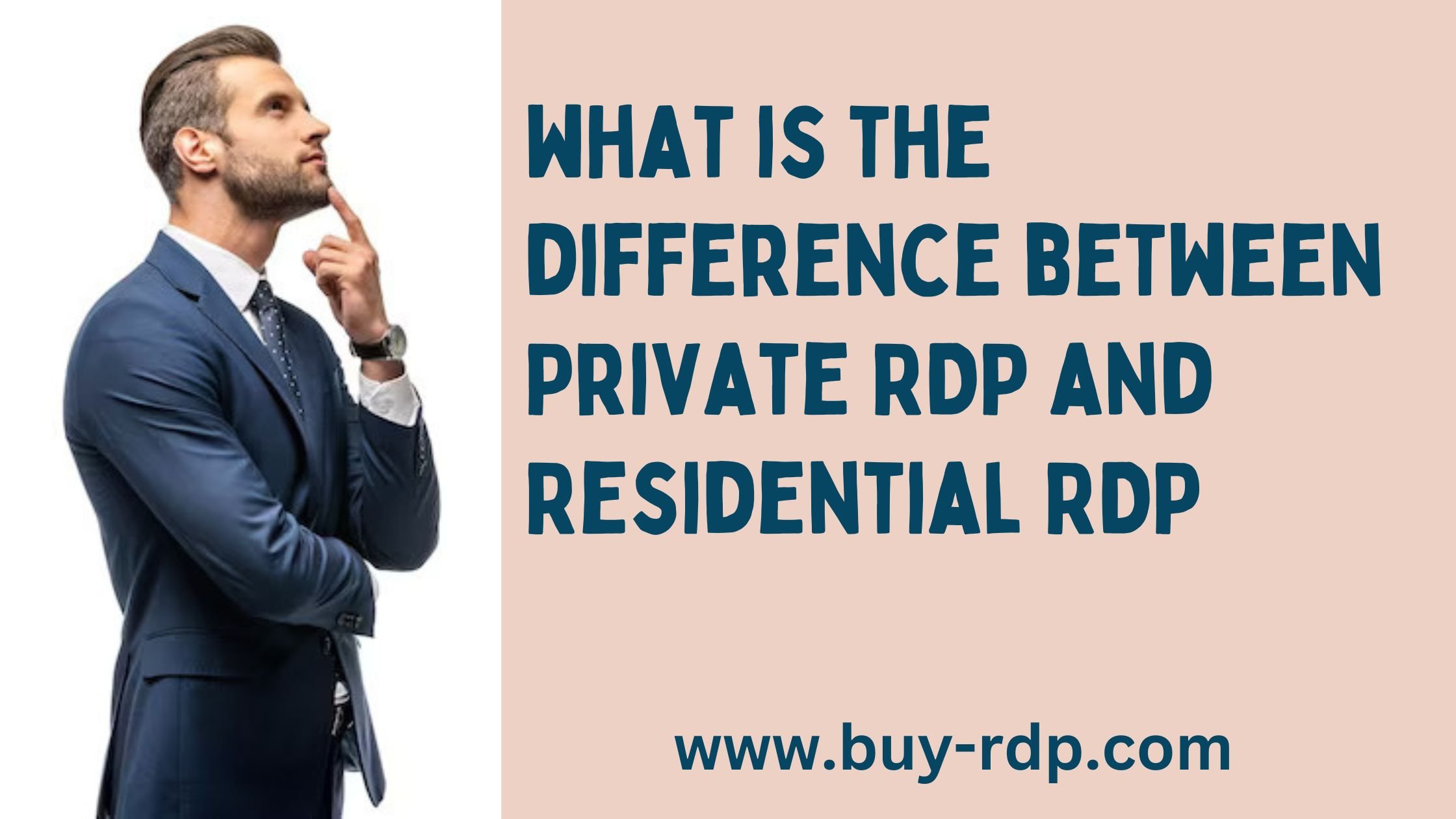 April 9, 2020
April 9, 2020
What Is The Difference Between Private RDP and Residential RDP
Summary

Article Name
What Is The Difference Between Private RDP and Residential RDP
Description
In the remote desktop services, understanding the between Private RDP and Residential RDP is crucial for businesses and individuals.
Author
Akash
Publisher Name
Buy-Rdp
Publisher Logo



Leave a comment